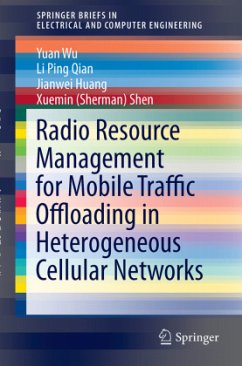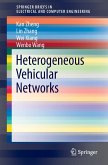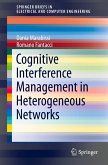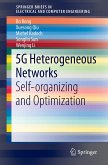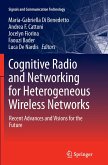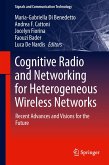This SpringerBrief offers two concrete design examples for traffic offloading. The first is an optimal resource allocation for small-cell based traffic offloading that aims at minimizing mobile users' data cost. The second is an optimal resource allocation for device-to-device assisted traffic offloading that also minimizes the total energy consumption and cellular link usage (while providing an overview of the challenging issues). Both examples illustrate the importance of proper resource allocation to the success of traffic offloading, show the consequent performance advantages of executing optimal resource allocation, and present the methodologies to achieve the corresponding optimal offloading solution for traffic offloading in heterogeneous cellular networks. The authors also include an overview of heterogeneous cellular networks and explain different traffic offloading paradigms ranging from uplink traffic offloading through small cells to downlink traffic offloading via mobile device-to-device cooperation.
This brief is an excellent resource for postgraduate students studying advanced-level topics in wireless communications and networking. Researchers, engineers and professionals working in related fields will also find this brief a valuable resource tool.
This brief is an excellent resource for postgraduate students studying advanced-level topics in wireless communications and networking. Researchers, engineers and professionals working in related fields will also find this brief a valuable resource tool.

